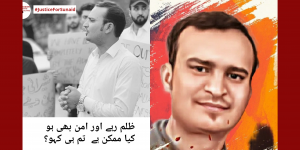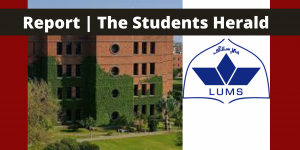After nearly a hundred years of being colonized by Spain, Western Sahara was occupied by Morocco in 1975 soon after Spanish colonial forces left the region. Since then a battle for liberation from Morrocan control has been waged by the Sahrawi indiginoeous people, led by the ‘Polisario Front’; a resistance movement started by students, activists and former Sahrawi members of the Spanish military. The struggle for political and civil rights is still ongoing.
After the Spanish forces left, a regional fight over the region began. Morocco and Mauritania forces invaded the region. Days later the Morrocan monarch in power at the time, King Hassan II, ordered thousands of citizens to enter the region to facilitate the occupation. The mass migration event is referred to as the “Green March”. The Mauritarian forces eventually withdrew, while Morocco has continued its occupation to this day. The Polisario Front and it’s supporters now mainly engage in unarmed civil demonstrations, despite having been brutally suppressed both today at the hands of Morocco, and by Spanish colonial forces in the past.
Western Sahara is a coastal territory located in Northwest Africa. Most of the region is occupied by Morocco while only a small fraction of it is under the control of the Sahrawi Arab Democratic Republic. The region is home to the largest continuous minefield in the world, as well as one of the largest border walls in the world called the Moroccan Western Sahara Bern that separates the two warring sides.
The Sahrawi people continue to fight against the illegal occupation and for the liberation of their ancestral lands. The silence of the international community and the mainstream media is shameful.The Western Saharan Conflict barely receives any attention in the mainstream media. International journalists have trouble entering and moving around in the region, there was a recent documentary on the occupation on ‘Democracy Now!’s youtube channel that briefly recounts the history of the occupation and focuses on the ongoing struggle against the occupation. The documentary as well as their other coverage of the conflict in Western Sahara is definitely worth checking out, especially in light of how the United States under Donald Trump in December 2020 recognized the entirety of western Saharan region as a Moroccan territory in the backdrop of the negotiations between Israel and Morocco that were mediated by the US. The US seems to have become the first country in the world to officially recognize Morronan control over the region in exchange for Morocco’s recognition of Israel. The Sahrawi Arab Democratic Republic is recognized by over 80 countries and is a member of the African Union, and yet the US blatantly endorses the illegal occupation and recognizes Morocco’s claim to the entirety of the region.
The documentary “Four Days in Western Sahara; Africa’s Last Colony” by Democracy Now, can be viewed here.




